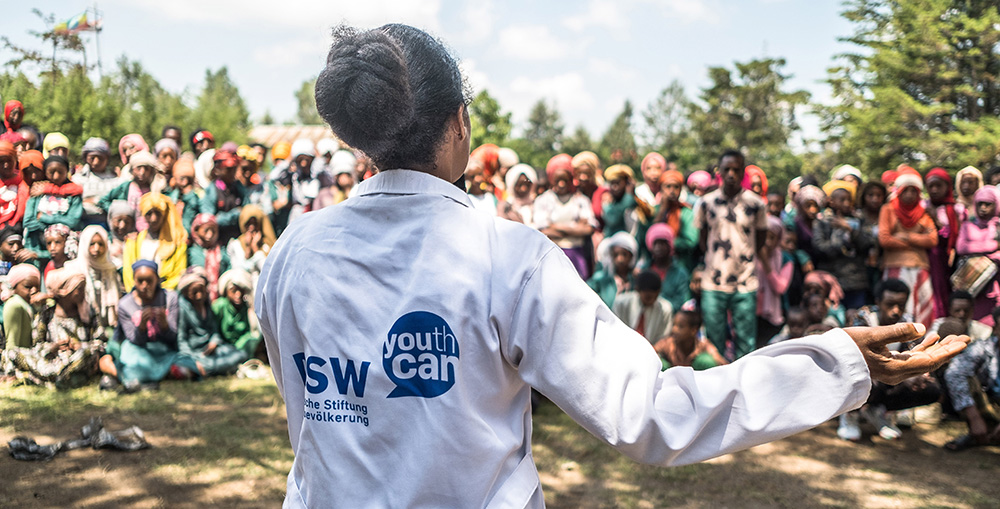
Global Health
Global Health is a human right. The World Health Organization (WHO) defines health as a “state of complete physical, mental, and social well-being.” To ensure that everyone can live healthy and self-determined lives, high-quality, accessible and affordable health systems are needed – Universal Health Coverage (UHC) for all! This includes ensuring that no individual is discriminated against or treated unfairly based on gender, skin color, religion, sexual orientation, age, class, etc.
We are deeply concerned about the worldwide rollback of human rights and civil society spaces. Our aim is for all people, especially girls, and young women, to have access to high-quality health services and to make self-determined decisions, regardless of who they are, where they live, and where they come from!
Challenges to Achieving
Universal Health Coverage (UHC)
Approximately 4.5 billion people worldwide, most of whom live in low-income countries, still lack access to essential healthcare services or have only inadequate access. This is evident from the UHC Effective Coverage Index, which evaluates, on a scale of 0 to 100, whether basic healthcare services are covered for all in a country.
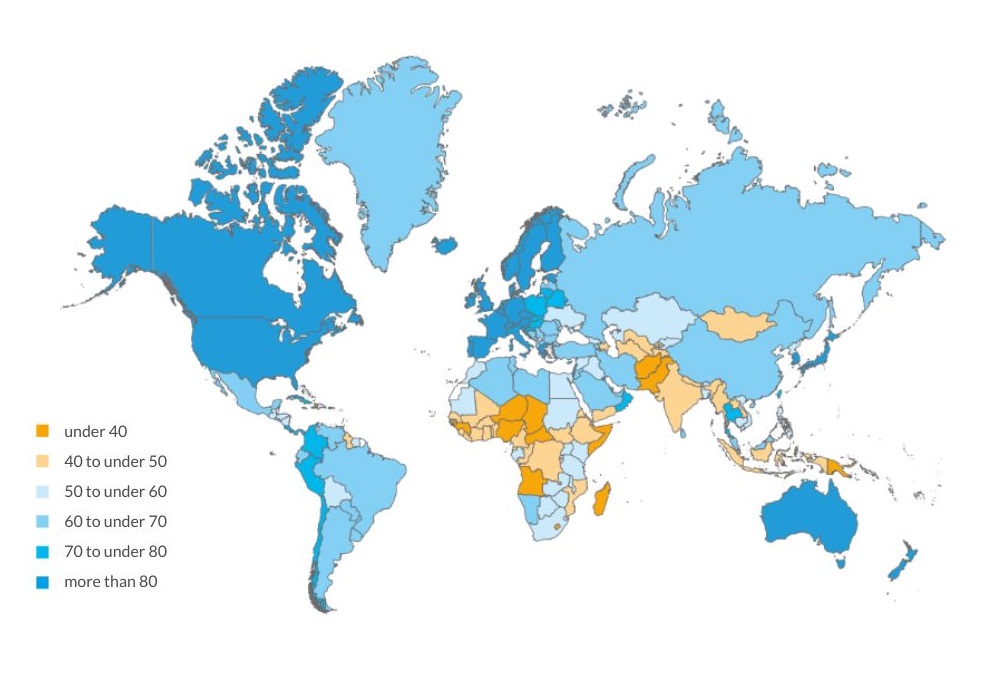
Assessment of provision and coverage for basic health services according to the UHC Effective Coverage Index. 0 to 100 points. Data source: IHME 2020
Missing healthcare has severe consequences
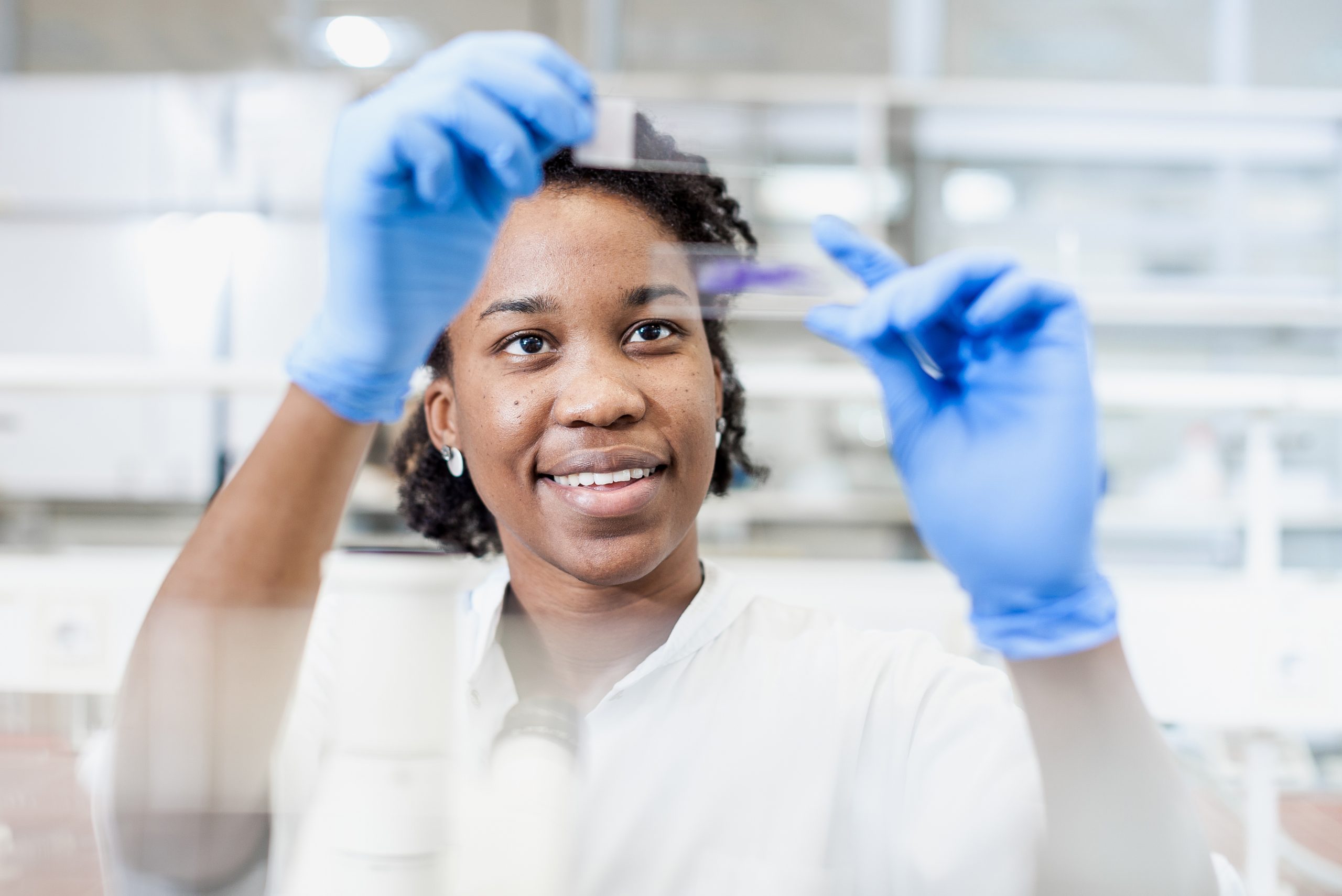
Global Health and Development Cooperation:
Why are donor investments important?
In addition to COVID-19, multiple crises such as climate change, conflicts, debt, and growing inequalities are hindering progress in global health. Official Development Assistance (ODA) investments in global health remain essential because
- health systems are strengthened, and access to healthcare is improved.
- AIDS, malaria, tuberculosis and otherneglected diseases, can be treated and prevented.
- health crises such as pandemics, epidemics, and humanitarian emergencies can be addressed more quickly.
- global health infrastructure is enhanced.
- research and development for unmet medical needs are promoted.
The Importance of Global Health Advocacy
Achieving a healthy and self-determined life requires political and financial support. However, ODA budgets are being cut worldwide, and crucial investments in global health are lacking. Germany is the world’s second-largest donor country in terms of Official Development financing (ODA) after the United States. However, when considering the share of global health financing in Germany’s total ODA, Germany performs only ranks 16th among donor countries. According to Donortracker.org, only about 13% of German development spending is dedicated to global health. There is still ample room for improvement to achieve a stronger prioritisation of global health in Germany’s development cooperation.
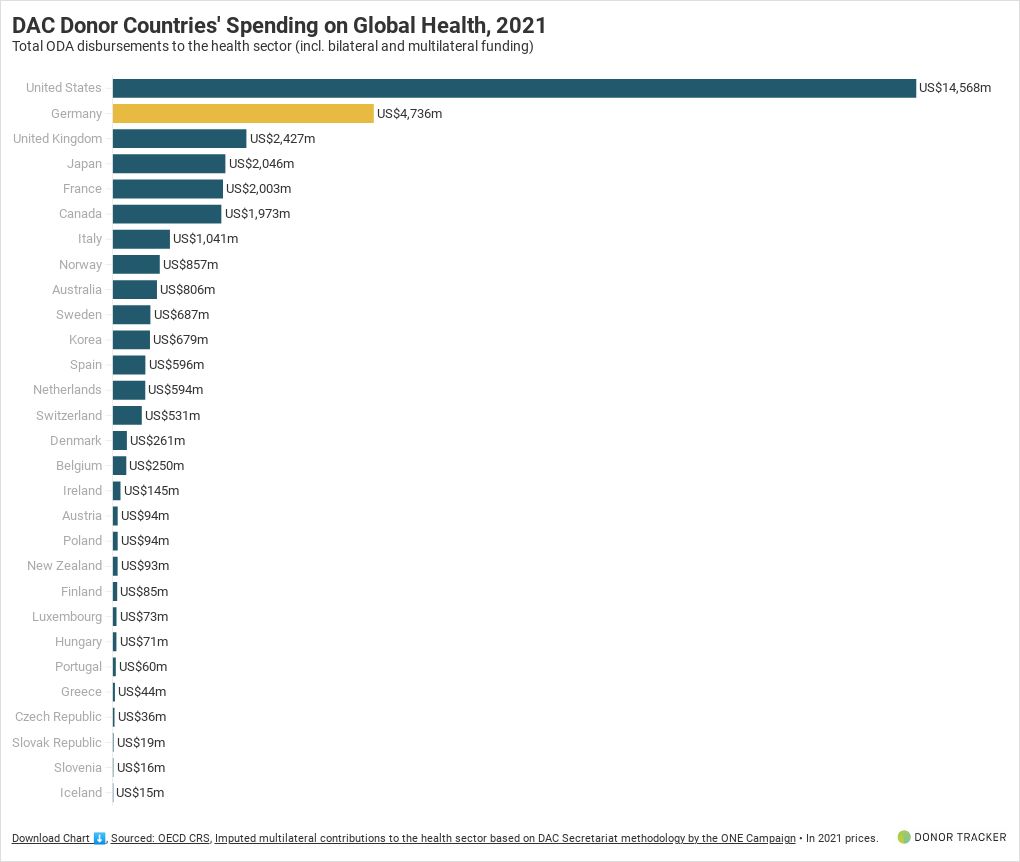
Source: Donortracker.org
Development Financing
What we advocate for
Through political dialogue with decision-makers, DSW advocates for strengthening Global Health and ensuring that adequate financial resources are allocated.
Advocacy
What else we are committed to
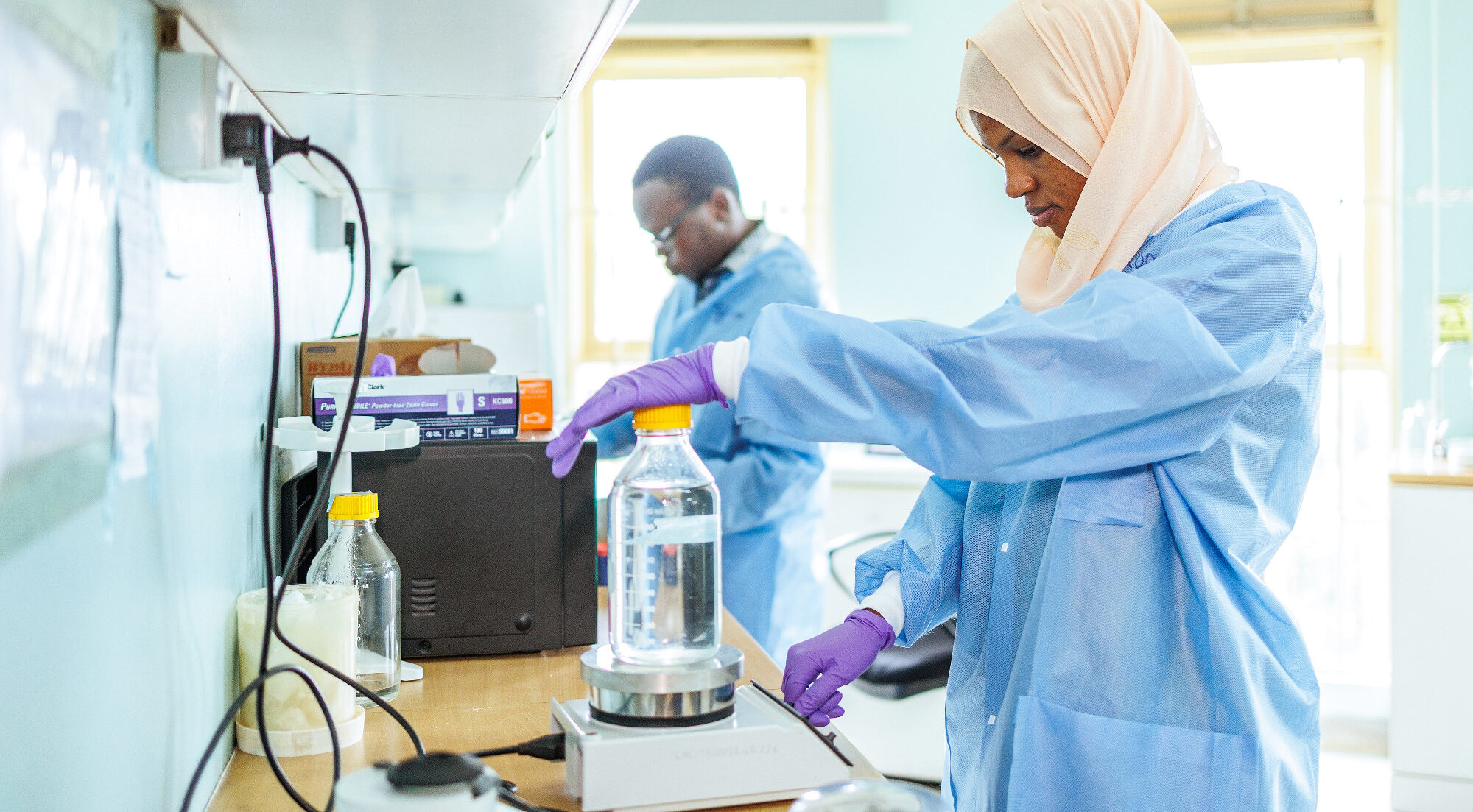
Global health research
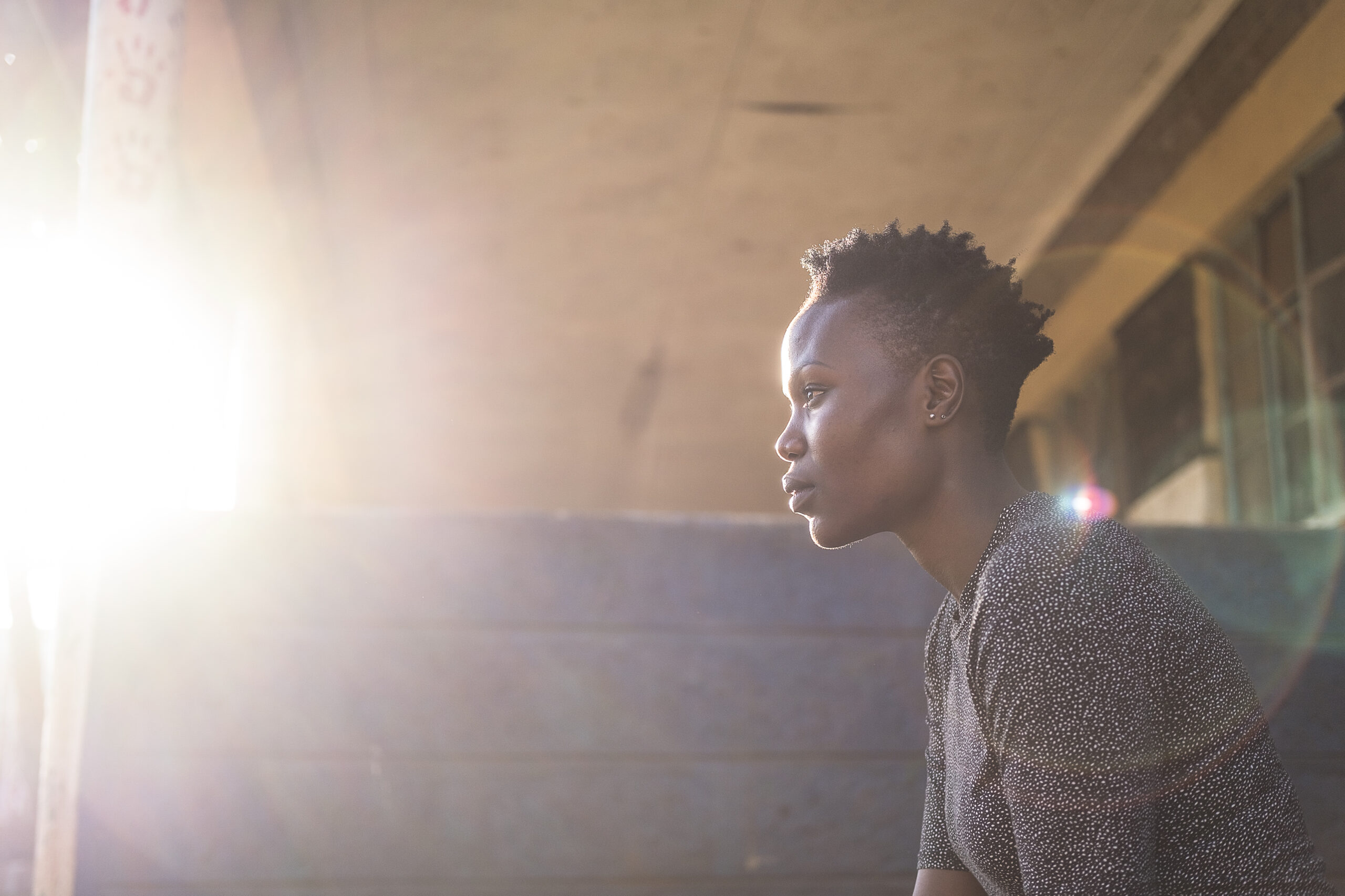
Sexual and reproductive health and rights (SRHR)
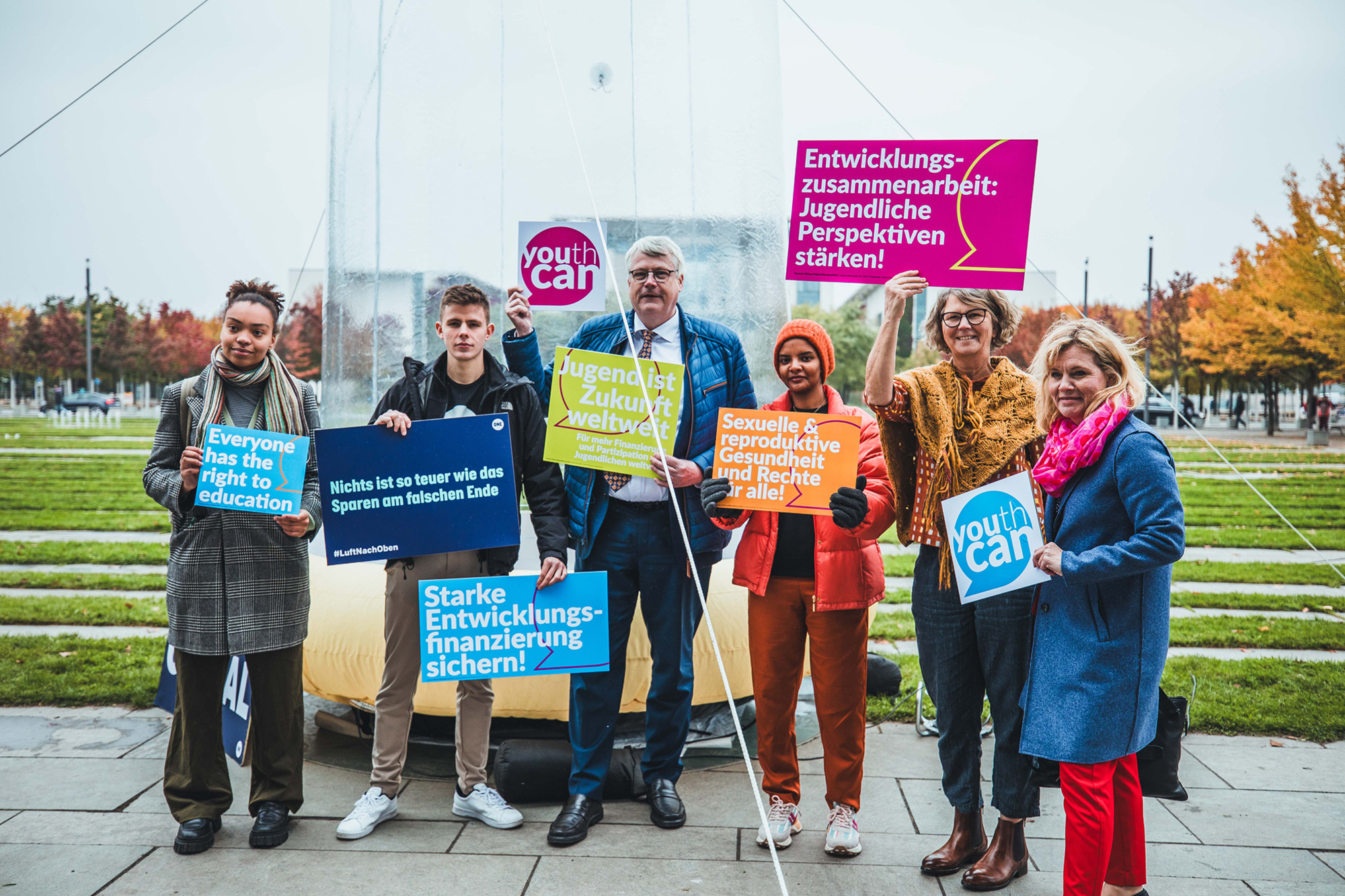
Cooperation with parliamentarians
Studies & papers on the topic (German)
Paper
Global Fund to Fight AIDS, Tuberculosis and Malaria
Study
“Gesund, Sicher, Stark” Why Germany should commit to interlinking general health promotion and physical self-determination Self-determination
Paper
BMZ budget: BMZ budget must continue to meet global challenges
More studies?
Take a look at our publication database and filter for studies and papers that interest you.